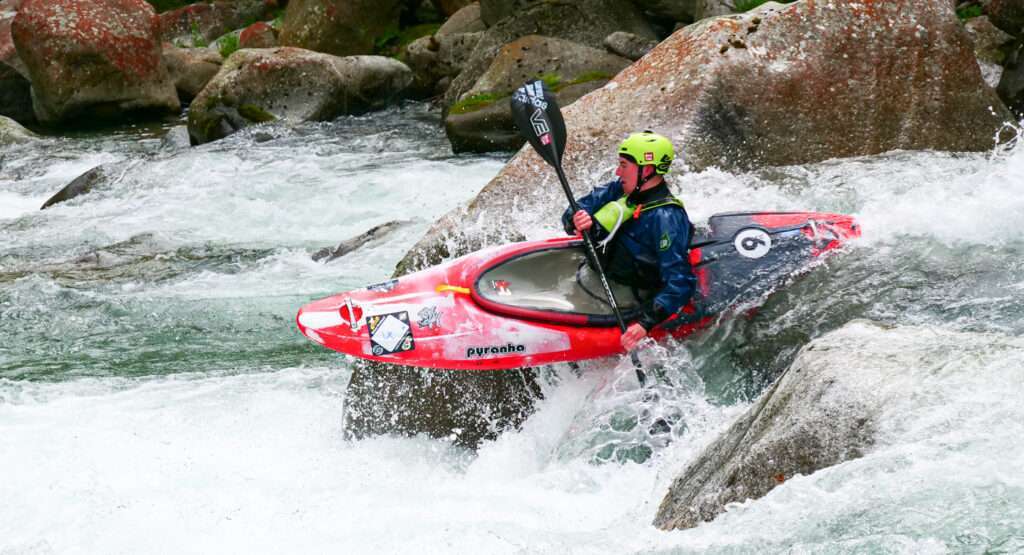Whitewater rafting may be dangerous for a novice who is not fully trained in navigating the inflatable boat over the currents. And if you are a guide, you know that there is more to working with passengers during a rafting trip than merely paddling on a river. There are a number of insider tips you will do well to observe, as well as some obvious industry specific advice that is certain to make your business more lucrative and your career safer.
Meet Minimum Industry Standards
The International Rafting Federation put in place a number of minimum standards that commercial whitewater rafting guides should meet. Although these are not mandatory across the board, it is a wise choice for guides to meet them and be prepared for all eventualities. Among these minimum standards are current Red Cross certifications in First Aid and CPR, as well as rudimentary wilderness survival skills.
Do Familiarizing Runs without Passengers
Prior to taking a fully loaded boat over new rapids, one of the most crucial whitewater rafting tips for guides is to traverse the rapids at least once alone. The goal is to note any dangerous spots, deceptive areas that might capsize the raft and any potential evacuation spots if there should be a problem on board. This initial familiarity with a run will help you be able to spot anything out of the ordinary that might make a run more dangerous than anticipated.
Understand the International Scale of River Difficulty
You will most likely encounter classes II through V in your career as a whitewater rafting guide. Take passengers only in rivers classified according to your skill level. For example, a Class II run includes a bit of rough water and some basic paddling skills, but overall it is an easy ride with only a bit of spray here and there. In contrast, a Class IV river features not only whitewater but also one or more serious drops and precise maneuvers. Unless you are certain you can meet this challenge, leave the Class IV rivers to someone else.
Learn the Office Procedures
When you are not taking guests on a whitewater rafting trip, you will be wise to familiarize yourself with the office procedures, such as booking parties, conversing with guests, answering questions about being a guide and learning the administrative side of the business. This might enable you later on to open your own whitewater rafting outfit and employ guides yourself.
Stay in Top Physical Shape
Strength and endurance training must be a priority for you as a whitewater rafting guide. Although a good many guides might believe the trips are exercise enough, it is vital to hone your physical fitness even when you are not guiding a tour if you want to stay on top of your game and keep your passengers safe.

